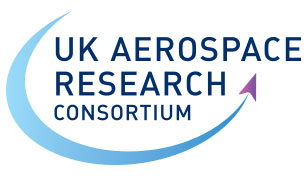Meeting the challenges of the aerospace sector
The development of more electric aircraft (MEA) components and systems is a major area of research to help achieve carbon, nitrogen oxide and noise reduction targets.
This author has yet to write their bio.Meanwhile lets just say that we are proud ukarc_admin contributed a whooping 6 entries.
The development of more electric aircraft (MEA) components and systems is a major area of research to help achieve carbon, nitrogen oxide and noise reduction targets.
Queen’s University Belfast are currently working on MACANTA, an EPSRC project that has resulted in fully-tailorable energy-efficient heating, which can be used as a de-icing device.
The University of Bristol are working with Airbus to perform low-speed wind tunnel tests on a very flexible 2.4m long model wing.
Researchers at Imperial College London have built a state-of-the-art flight simulator to analyse the dynamics of very flexible vehicles in low-altitude flight, to help ensure safe performance near the ground.
The MAGMA project is a collaboration between the University of Manchester and BAE Systems that aims to develop innovative new flight control effectors for aircraft.
Global industry leaders Thales and Vodafone have joined the National Beyond Visual Line of Sight Experimentation Corridor (NBEC) partnership alongside founding partners Cranfield University and Blue Bear Research Systems.
UK Aerospace Research Consortium
c/o Cranfield University
Cranfield
Bedfordshire, MK 43 0AL
E: enquiries@ukarc.ac.uk
T: 01234 750111
